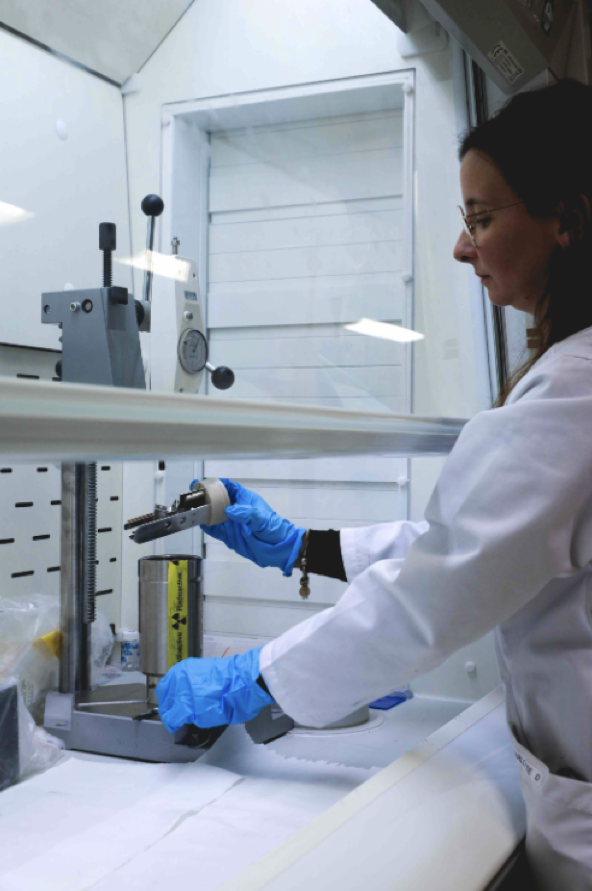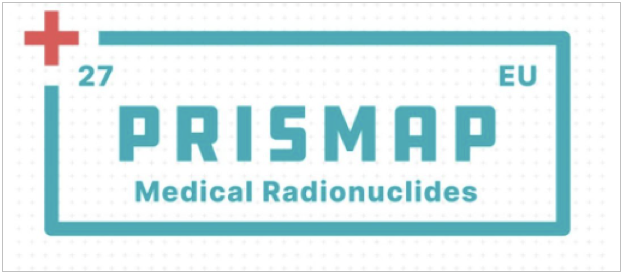An inflexion point for Europe’s radionuclide players!
The path forward for Europe’s radiotherapy developments and where CERN-MEDICIS fits in.
The use of radionuclides as a therapy and diagnosis tool can be traced back to the early 1900s. Since then, research and industry have developed heavily in Europe. In 2024, radionuclides are now common in the clinical setting, especially for cancer diagnostics. Furthermore, advancing research has demonstrated the use of highly effective radionuclides as targeted alpha emitter (TAE). CERN-MEDICIS (videos.cern.ch/record/2288144) has been on the forefront of this research and this year constructs, alongside its European partners, the way forward in the domain.

MEDICIS stands within the European network for medical radionuclides: PRISMAP1. This summer, PRISMAP received an excellent feedback on its review, and in parallel its reinforcement was recommended in a text voted by the European Council, where presidents and prime ministers from the 27 member states provide the overall political direction in Europen. Here, the European Council stated strong intentions to expand the project duration, its network and the research currently conducted. In its recommandation, the Belgian Minister for Energy stated:”The need for autonomy is crucial for all raw materials, but in
(1) Prismap.eu (2) Horizon Europe framework program.
nuclear medicine, it is a matter of human lives. Today we approved conclusions to ensure their secure supply and access to them across the EU, while sustaining research and innovation in the field to meet the increasing need for radiopharmaceuticals.”. The conclusion held by the European Commission is that PRISMAP is a key project for the supply of non-commercially available medical radionuclides and will continue pursuing its effort to enhance research and progress in nuclear medicine. This leads to a big win for the network, with the annoucement 2 weeks ago of PRISMAP+, the extension of PRISMAP in the research infrastructures programme of the European Commission 2() and more investment into the field!

With this news, Europe aims to expand its presence in the industry globally and continue to dedicate resources to research. CERN-MEDICIS sits to perfectly expand upon this continued interest by leveraging its competences from the past 7 years.
Throughout this year alone, CERN-MEDICIS has advanced research in nuclear medicne , beyond expectations. Recent collaboration projects with the University of Dresden in Germany, among others, are demonstrating pre-clinical results of TAE, using Pb-212 produced at MEDICIS. Amongst other radionuclides like Activity Sm-153 and Ac-225, Pb-212 is amongst the hardest radionuclides to produce at the level of concentration and purity required for targeted therapies, a fast emerging field in precision medicine. These radionuclides need the technologies created at CERN to be supplied effectively. Although difficult to produce, Sm, Ac, and Pb have potential for major therapeutic impact, associated with diagnostics, on challenging metastasis and advanced staged cancers.